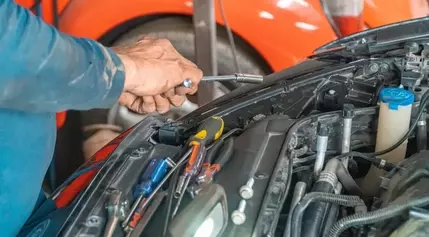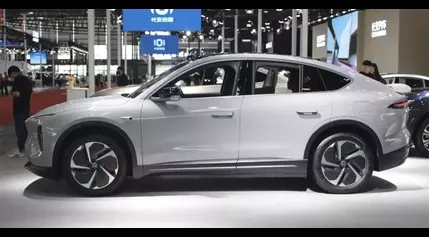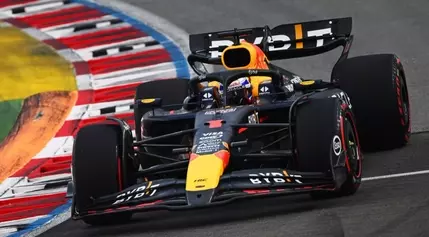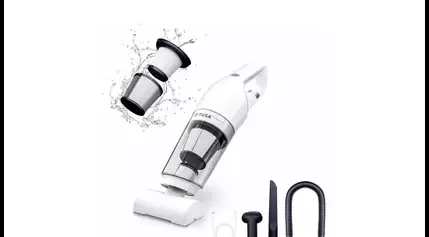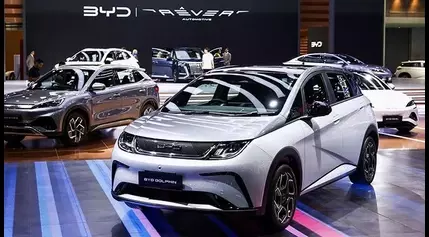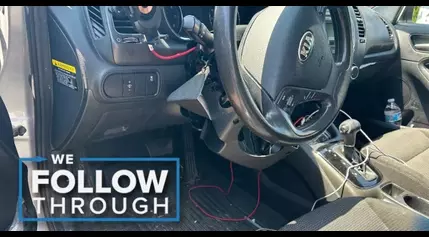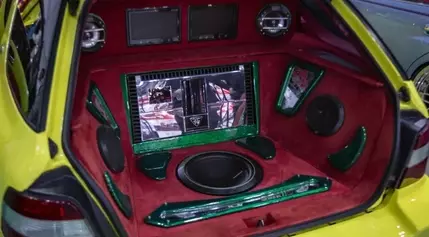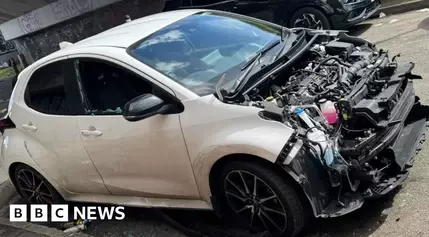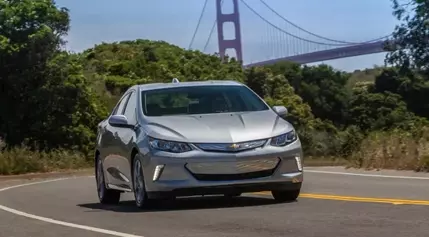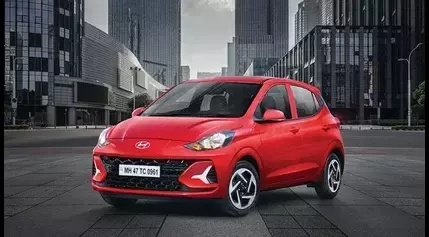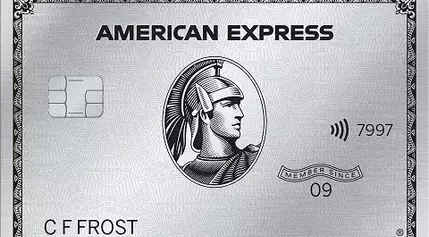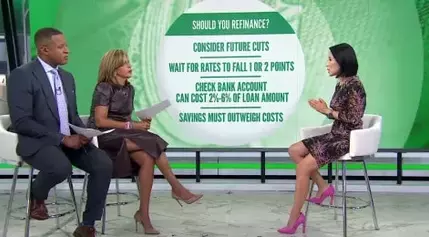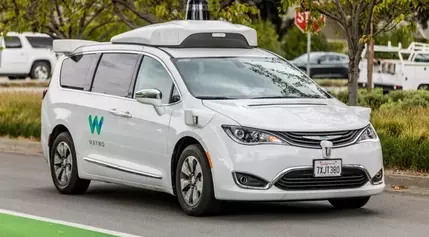
Navigating the Turbulent Car Market: Strategies for Savvy Buyers in 2024
The automotive industry is facing a period of unprecedented volatility, marked by soaring prices, limited supply, and shifting consumer behaviors. As the COVID-19 pandemic and ongoing inflationary pressures continue to reshape the landscape, buyers are reevaluating their options and weighing the pros and cons of purchasing through dealerships or private sellers. In this comprehensive guide, we delve into the factors driving the current market conditions, explore the advantages and drawbacks of each buying approach, and provide expert insights to help consumers make informed decisions in the year ahead.Unlock the Secrets to Scoring the Best Deals in the Unpredictable Car Market
Unraveling the Causes of Inflated Car Prices
The current state of the automotive industry is a complex tapestry woven with various threads, each contributing to the surge in car prices. At the heart of this issue lies the lingering impact of the COVID-19 pandemic, which disrupted global supply chains and forced many factories to shut down temporarily. As a result, the supply of new vehicles has been unable to keep pace with the pent-up demand, leading to a significant imbalance between supply and demand.Moreover, the ongoing inflationary pressures have further exacerbated the situation, driving up the costs of raw materials, labor, and other essential components required for vehicle production. This perfect storm of supply chain disruptions and inflationary forces has created a perfect storm, leaving consumers facing astronomical prices for both new and used cars.Navigating the Pros and Cons of Private Sales vs. Dealerships
As consumers grapple with the challenges of the current market, they are increasingly weighing the merits of purchasing vehicles through private sales versus dealerships. Each approach presents its own unique set of advantages and drawbacks, and understanding these nuances can be the key to securing the best possible deal.Private sales can offer potential cost savings, as buyers can often negotiate more directly with the seller and avoid the overhead costs associated with dealerships. Additionally, the selection of vehicles available through private transactions may be more diverse, allowing buyers to uncover unique or rare models that may not be readily available on dealer lots. However, the process of buying privately can be more time-consuming and labor-intensive, requiring extensive research, multiple site visits, and thorough inspections to ensure the vehicle's integrity. Furthermore, the lack of warranties and the potential risks of dealing with unknown sellers can add an element of uncertainty to the transaction.On the other hand, buying from a dealership can provide a greater sense of trust and reliability, as these establishments typically offer certified pre-owned vehicles that have undergone rigorous inspections and come with warranties. Dealerships also often provide a range of financing options, making the purchasing process more streamlined and convenient for buyers. However, the costs associated with dealerships, including fees and overhead, can result in higher overall prices compared to private sales. Additionally, some buyers may feel that dealerships exert more sales pressure, potentially making the experience less enjoyable.Timing the Market: When is the Best Time to Buy a Car?
Timing can be a crucial factor in securing the best possible deal when purchasing a vehicle. According to industry experts, the end of the month is generally considered the most advantageous time for buyers to negotiate. As dealerships strive to meet their monthly sales targets, they may be more inclined to offer more favorable terms and pricing to close out the month strongly.This strategic timing can provide buyers with increased negotiating power, potentially leading to better deals and more flexibility in the purchasing process. By aligning their car-buying plans with the end of the month, savvy consumers can leverage the dealerships' own incentives to their advantage, ultimately securing a more favorable outcome.Navigating the Minefield: Key Considerations for Buyers
Regardless of whether they choose to buy from a dealership or a private seller, there are several critical factors that buyers must consider to ensure a successful and satisfactory transaction. Thoroughly inspecting the vehicle's brakes, tires, and service history can help identify any potential issues or red flags, while utilizing resources like Carfax can provide valuable insights into the car's accident history and repair records.Additionally, it is highly recommended that buyers have a trusted mechanic conduct a comprehensive inspection of the vehicle before finalizing the purchase. This step can uncover hidden problems or underlying issues that may not be immediately apparent, allowing buyers to make an informed decision and avoid costly surprises down the line.When dealing with private sellers, it is essential to exercise caution and ensure that all necessary paperwork is in order, as the risks of encountering dishonest individuals or unsafe situations can be higher. Conversely, buying from a dealership can provide the added benefit of financing options and certified pre-owned programs, which can offer greater peace of mind and long-term protection.Ultimately, the key to navigating the turbulent car market in 2024 lies in a combination of diligence, research, and strategic timing. By understanding the factors driving the current landscape, weighing the pros and cons of each buying approach, and prioritizing safety, reliability, and value, consumers can position themselves to secure the best possible deal and enjoy a satisfactory ownership experience.New

Cars

Cars





